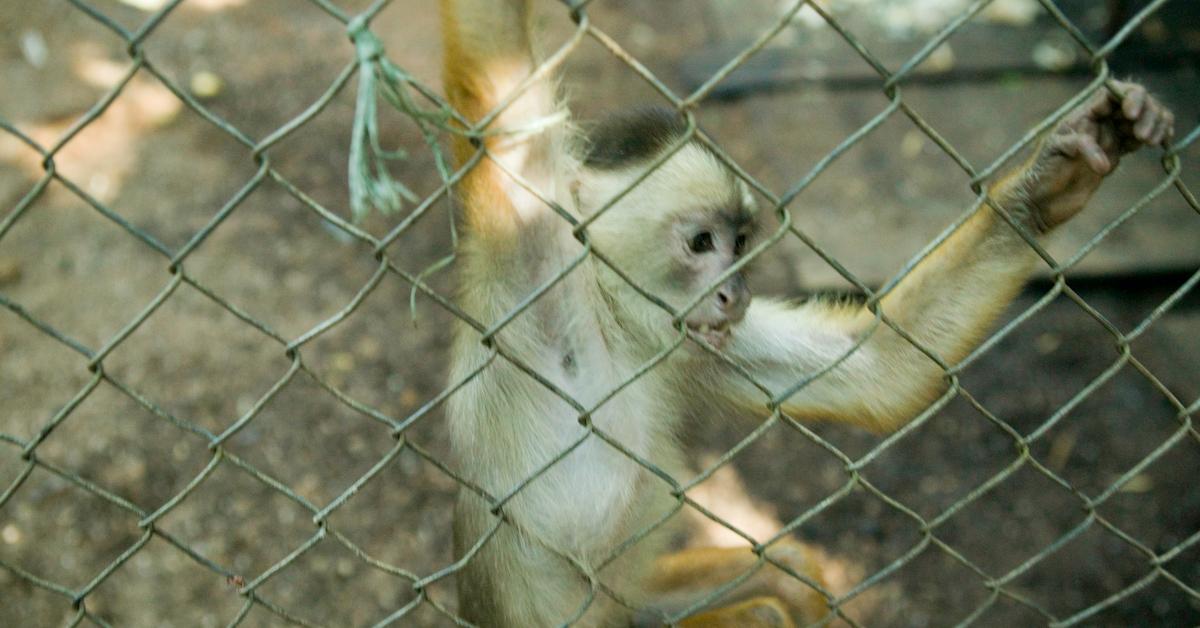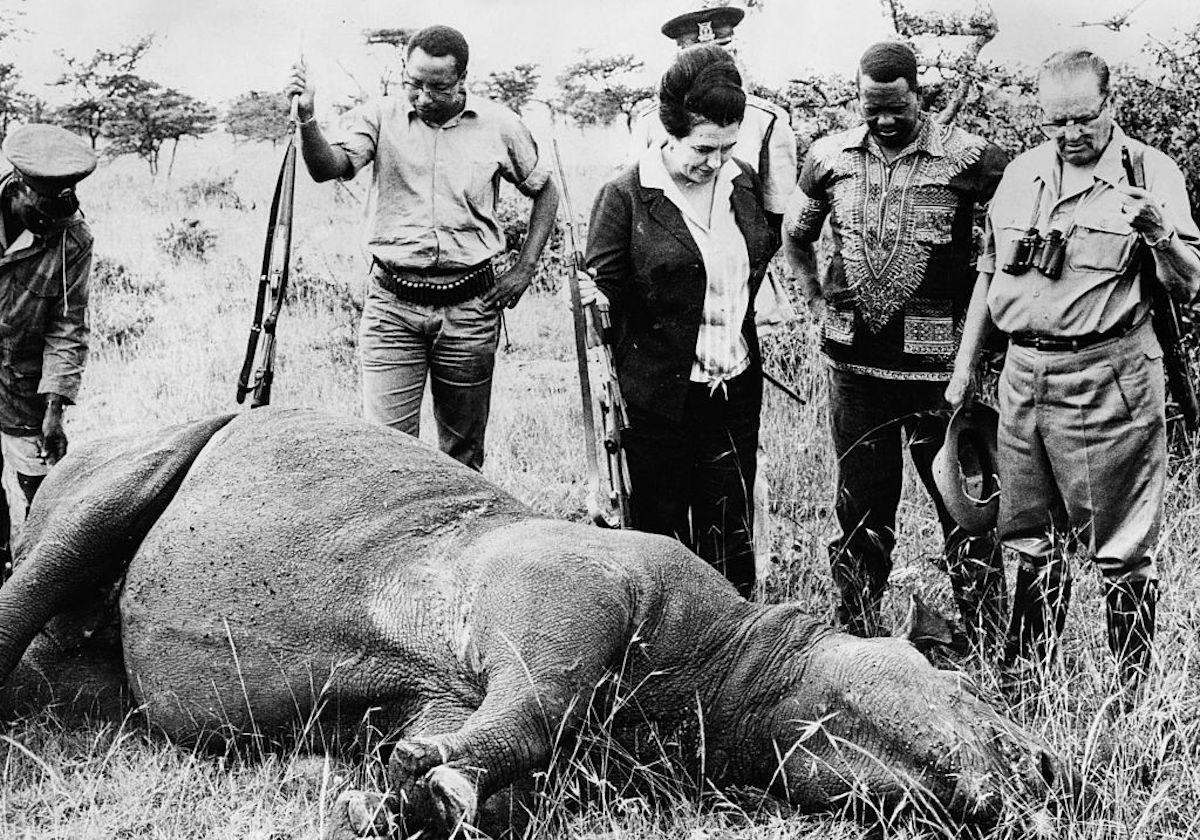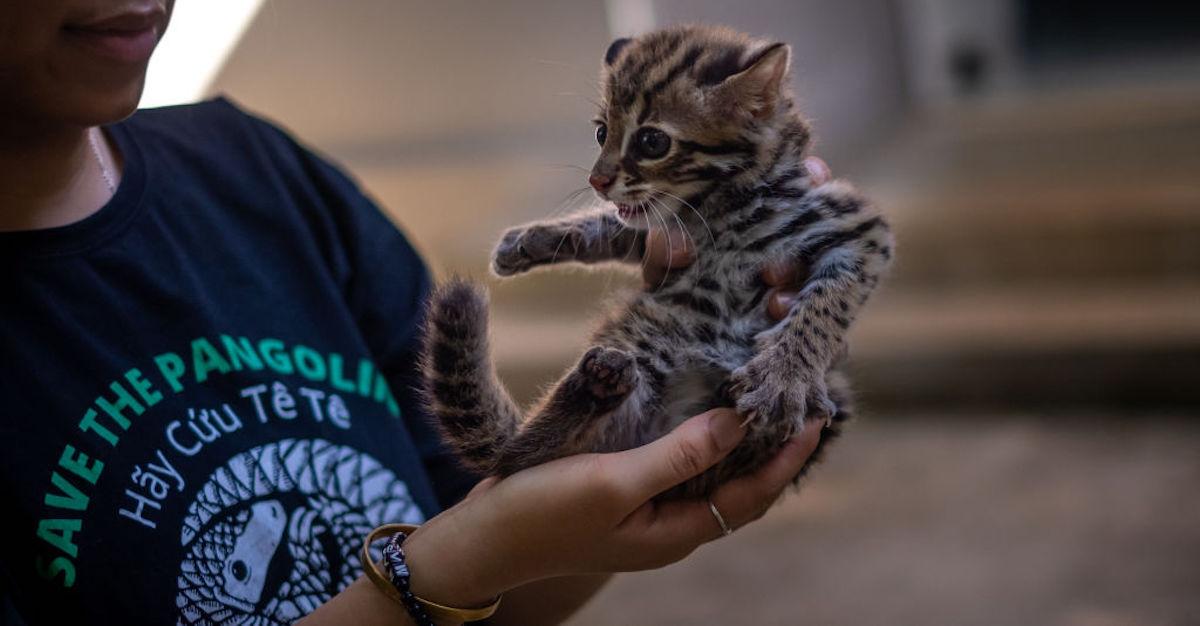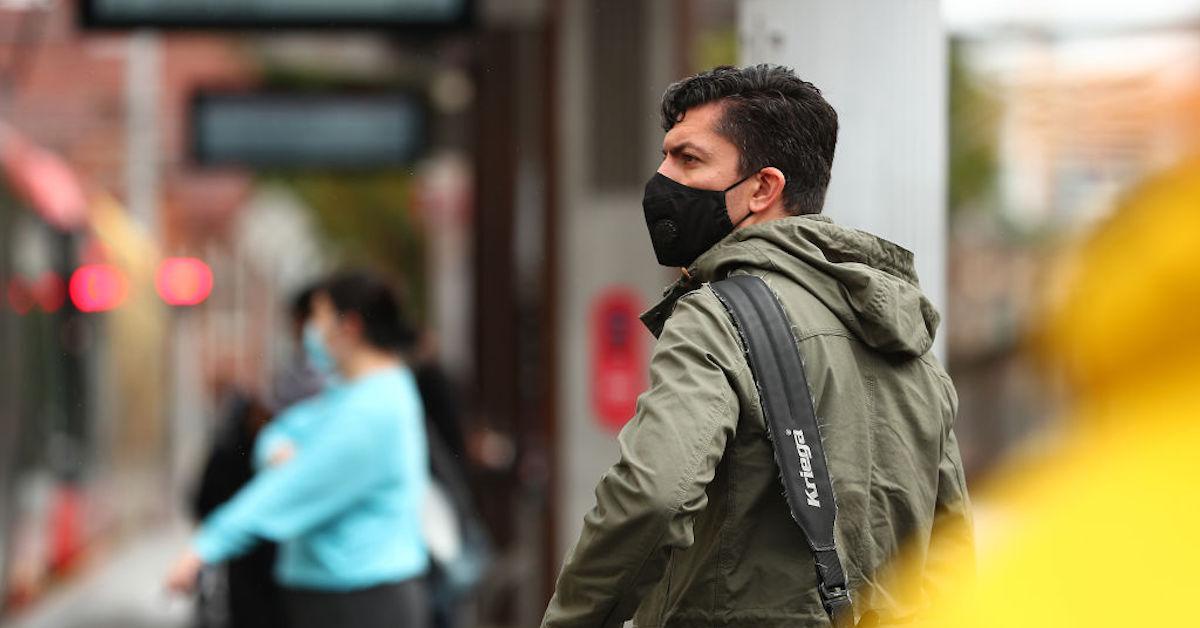To Prevent the Wildlife Trade, Wealthy Countries Should Pay Low-Income Countries, Researchers Suggest
Published May 7 2021, 11:29 a.m. ET

Although governments worldwide have largely cracked down on the international wildlife trade, it's still a major issue that's plaguing our planet. Many low-income countries rely on the wildlife trade, despite the negative toll it takes on their environment and their people. There are many ways in which wildlife trade impacts low-income countries, which is why the researchers behind a new study are suggesting wealthier countries pay low-income countries.
Keep reading to learn more about why low-income countries rely on the illegal wildlife trade, how the trade causes pandemics, and what exactly the researchers behind a new study are suggesting.

Many low-income countries rely on illegal animal trade.
As previously mentioned, international governments have worked to ban the wildlife trade, but it's an ongoing issue, especially in many low-income countries. According to the U.S. Fish & Wildlife Service, low-income communities that aren't able to profit off tourism or other industries often resort to selling wild animals for their skins, food, traditional forms of medicine, and even sometimes as pets. Unfortunately, though, it's seriously detrimental to their communities.
A 2016 study published in NCBI titled "Toward a new understanding of the links between poverty and illegal wildlife hunting" discussed the connection between poverty and the illegal animal trade in Uganda. It showed that one of the most successful tactics in cracking down on illegal hunting is offering financial aid to those in need. It also showed that more accessible conservation projects in low-income communities helps.

How does wildlife trade affect low-income countries?
As you'd imagine, the wildlife trade is a wildly unsustainable industry. It deteriorates local animal and plant life, pushing species closer and closer toward extinction. The rhinoceros, for example, is heavily hunted in Asia, and the species is on the verge of extinction. Illegal wildlife trade also takes a toll on low-income countries by depleting them of natural resources they could use in other industries, and by driving widespread pandemics.

How does wildlife trade drive pandemics?
The ongoing wildlife trade played a huge part in the origins of COVID-19. Illegal hunting and the wildlife trade drive pandemics because as a society, we are mingling far too much with wild animals. Although the virus initially spread through animals, many believe it started spreading to humans at a wet market (live animal market), which sells a wide range of wild animals, and slaughters them out in the open.
Animal expert Jane Goodall believes this to be the case, as well. “I think it’s time we begin realizing [COVID-19 happened] because we have disrespected animals and disrespected the environment. And people seem to think, ‘Oh we humans with our brilliant intellect, we don’t need nature.’ But actually we do,” Goodall said in a 2020 interview with Channel 4.
And sadly, when pandemics or widespread diseases sweep through low-income countries, many of them lack the resources to properly fight it off. Between protective gear and hospital equipment, many are unable to combat these diseases brought on by the wildlife trade.

Should wealthy countries pay low-income countries to prevent wildlife trade?
As previously mentioned, the researchers behind a new study are now suggesting wealthy countries offer financial incentives to low-income countries with high rates of wildlife trading, according to BBC News. The study, titled “International socioeconomic inequality drives trade patterns in the global wildlife market,” argues that over a certain period of time, this scheme would help lower wildlife trade as low-income countries would find fewer reasons to have to resort to it.
They also hope the pandemic — and China's wildlife trading ban — will inspire more countries to stop.
"To avoid returning to business as usual, we should take advantage of the public's awareness of the possible consequences of consuming wildlife products to reduce demand, and make the Chinese ban on wildlife consumption permanent," Jia Huan Liew of the University of Hong Kong, who led the new study, told BBC News.
"At the end of this period, the exporting country will receive a pre-agreed sum if the target is met," Dr. Liew told BBC News. "Funding would ideally be drawn from wealthy countries, given their commitment to the UN Sustainable Development Goals (SDG), and the fact that they play a disproportionately large role in the global wildlife market."
Indonesia, Jamaica, and Honduras are the top three biggest exporters of wildlife, and the U.S. was the biggest importer, followed by France and Italy. Hopefully, something will be done soon to mitigate this massive issue — whether or not that includes financial incentives.